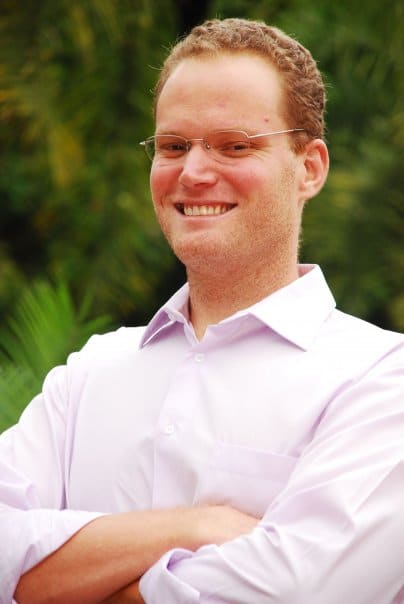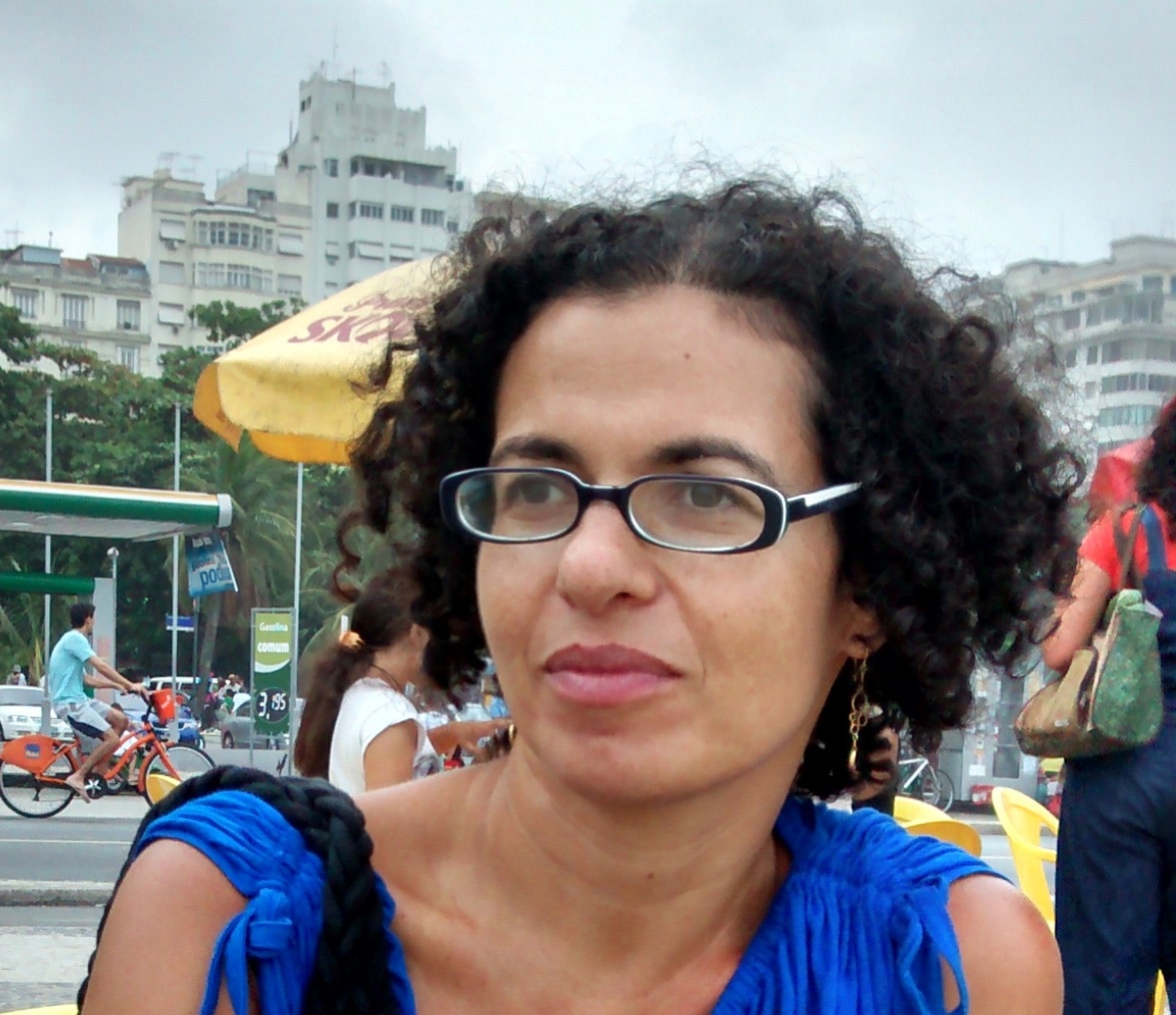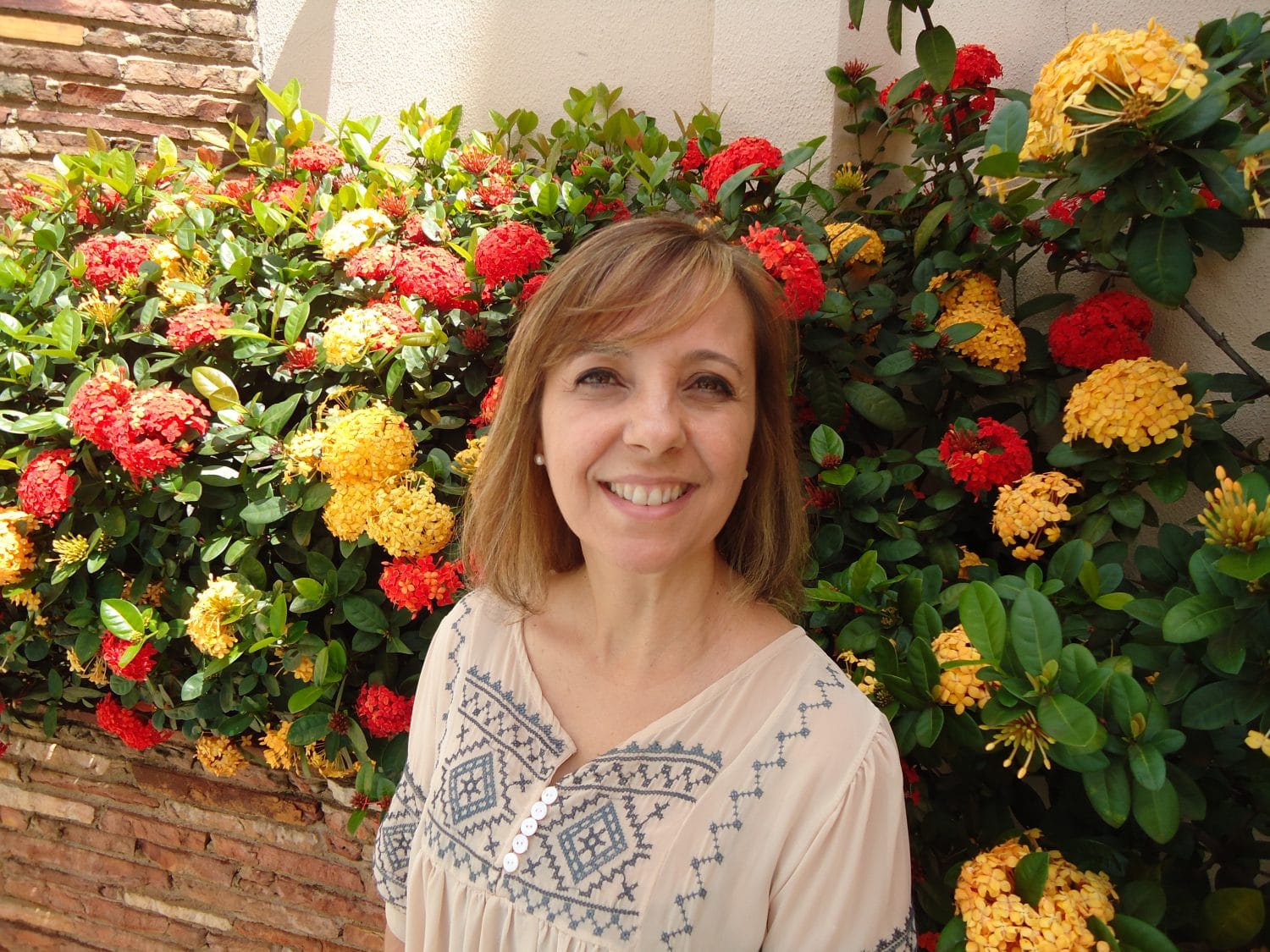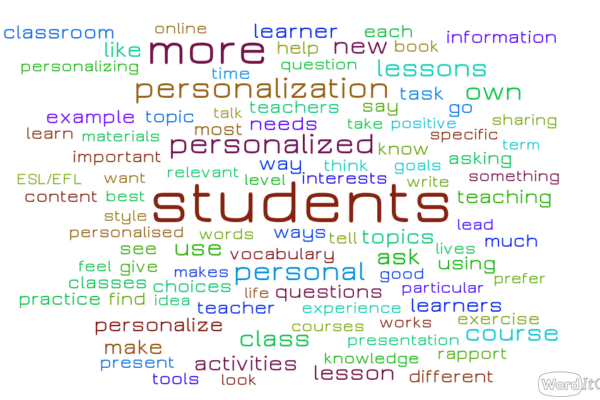Teachers and Grammar
“Over the years, language teachers have alternated between favoring teaching approaches that focus primarily on language use and those that focus on language forms or analysis. The alternation has been due to a fundamental disagreement concerning whether one learns to communicate in a second language by communicating in that language (such as in an immersion experience) or whether one learns to communicate in a second language by learning the lexicogrammar – the words and grammatical structures – of the target language. In other words, the argument has been about two different means of achieving the same end.”
Diane Larsen-Freeman & Marianne Celce-Murcia – The Grammar Book
A quick glance at the history of the development of methodologies in ELT will show us that the pendulum has already swung quite a few times. At this moment in time, I believe the swing is a lot stronger on the end of learning a second language by communicating in that language. Even though I’m a firm believer of conversation-driven lessons, I can see a problem with this, and I’d like to share some concerns with you.
The very first problem I see is with the overstatement of the argument that ‘communication is enough’. Well, we can communicate in a language that is not ours in many different ways. For instance, Brazilians, in the World Cup in France, in 1998, managed to get food in restaurants by imitating a chicken to the waiter. We can also get by using very simple language, something that an A2 level learner would be able to do when traveling abroad. Does this means that we’ve reached our goals as language teachers: enabling any kind of communication?
There’s another problem with that. It seems that we’ve devalued grammar in our speeches, and some teachers nowadays are afraid of being ridiculed if they say they teach grammar. It doesn’t really matter that most coursebooks are still written with a very strong grammatical curriculum, and that the sequence of the book is determined by grammar. We’d rather deny that publicly, but do the same old things in the classroom. Just how effective can this be?
Furthermore, learning a second language is not the same as learning a first language. We create associations between our L1 and the L2 you’re trying to learn. This is natural, and if we start forgetting the role that grammar plays in this process, we’re likely to prevent learners from benefitting from this process. Overreliance on any technique is bound to cause problems, but simply dismissing a technique out of hand because it can be overused is just as bad. Again, striking balance is key.
Finally, the main problem I see lies in the fact that teachers have been studying less and less grammar, and they base their decision on the fact that “you don’t learn a language by learning grammar alone”. Well, no, you don’t. But you don’t learn a language, especially to a level in which you become the teacher, if you don’t know grammar. In fact, there are many things you should know as a teacher that your students don’t need to know. However, it is important that you know a lot more than they do so that we’re able to make things simpler for our students.
Teachers, do not stop studying grammar. To get you started, I’d like to share this lecture by Scott Thornbury – “7 ways of looking at Grammar”. Studying grammar won’t make you teach only grammar, but it’ll certainly help you become a better teacher to help your learners. And remember, believing that we learn a language by communicating in that language doesn’t mean that this communication should be deprived of grammar. How about shifting our mindset?







